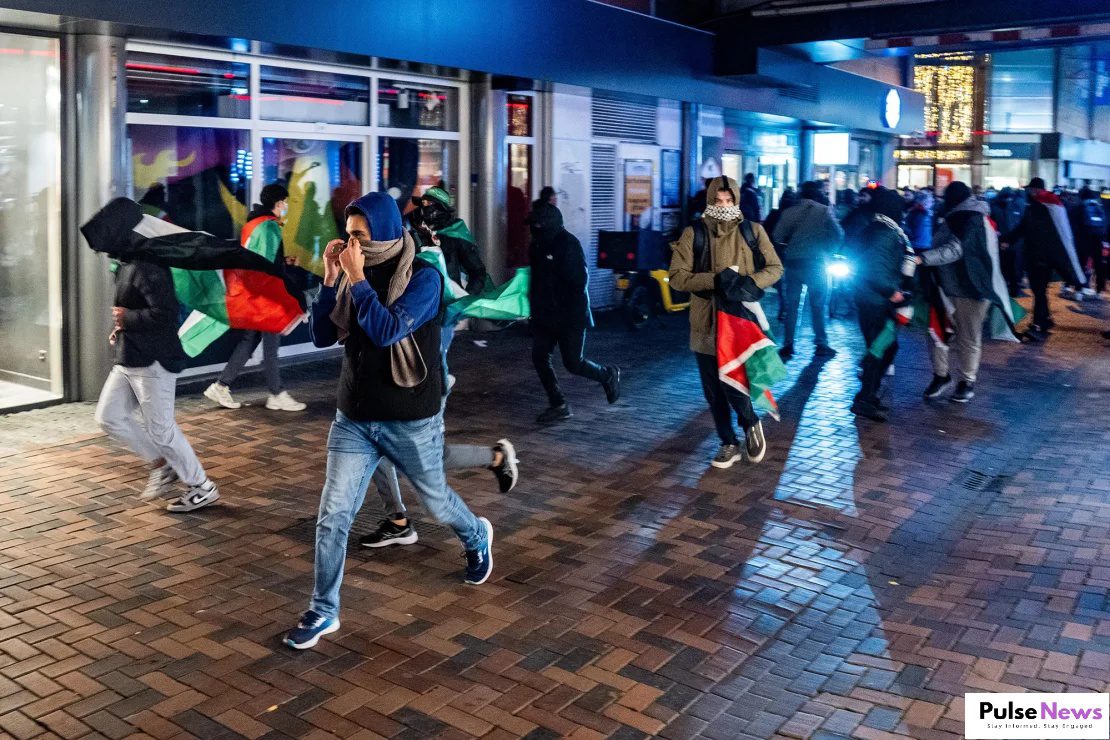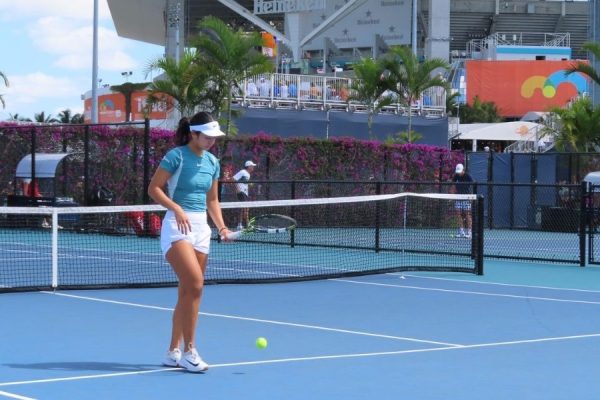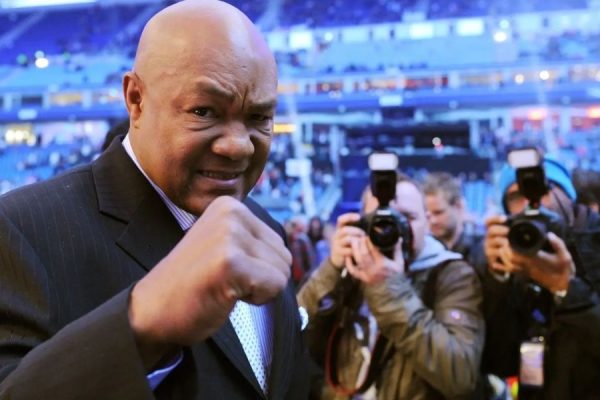In the wake of violent attacks on Israeli soccer fans, Amsterdam has taken significant steps to prevent further unrest. Following clashes that left dozens injured, including Israeli fans of the Maccabi Tel Aviv team, Amsterdam officials have implemented a citywide protest ban for three days. This decision, announced on Friday, underscores the city’s concern over escalating antisemitic violence and aims to protect public order while ensuring the safety of residents and visitors.
Violent Clashes After Soccer Match Lead to Public Outcry
The violent incidents erupted after a Europa League match between Israel’s Maccabi Tel Aviv and Dutch team Ajax. The game, held Thursday night, concluded with a 5-0 victory for Ajax, but it was not until after the game that tensions boiled over. Groups of assailants reportedly targeted Maccabi supporters in what authorities described as organized “hit-and-run” attacks. According to Amsterdam Mayor Femke Halsema, perpetrators rode through the city on scooters, actively searching for Israeli fans to attack.

Mayor Halsema expressed profound disappointment in the aftermath of the incident, saying, “This is a terrible moment for our city … I am very ashamed of the behavior that was shown last night.” Her sentiments echoed those of many in the city who were shocked and horrified by the events that unfolded.
Rising Antisemitic Sentiments Amid Tensions
The attacks on Israeli fans did not occur in a vacuum. Prior to the match, tensions had already been simmering, with videos circulating on social media of Maccabi fans chanting inflammatory anti-Arab slurs, praising military actions in Gaza, and showing other expressions of hostility. Additionally, videos were shared online of men removing Palestinian flags from buildings in Amsterdam, although the timing of these incidents remains unclear.
While Amsterdam has historically been a city that accommodates political expression, Mayor Halsema and other officials recognized that the violence went far beyond legitimate protest. “There can be tensions about this… and of course, they are related to the situation we see in the Middle East and that is the ongoing war. But what happened last night wasn’t a protest,” Halsema clarified. She insisted that the actions taken by the perpetrators were criminal acts motivated by antisemitic sentiments, rather than political expression.
Injuries and Arrests Following the Attacks
The aftermath of Thursday night’s violence saw five Israeli fans hospitalized, though they were later discharged. Another 20 to 30 individuals suffered minor injuries, while the police detained 63 people in connection with the attacks, with ten suspects remaining in custody as of Friday. According to Dutch police, these arrests were part of a large-scale investigation aimed at addressing multiple incidents reported throughout the city.
Escalated Security Measures Across Amsterdam
In response to the unrest, Amsterdam has significantly heightened its security measures. The three-day ban on demonstrations is intended to prevent further escalation, especially as tensions continue to run high within Amsterdam’s multicultural neighborhoods. Additional police patrols have been stationed throughout the city to maintain public order, and face-covering clothing and items that could be used to incite disorder have been temporarily prohibited.
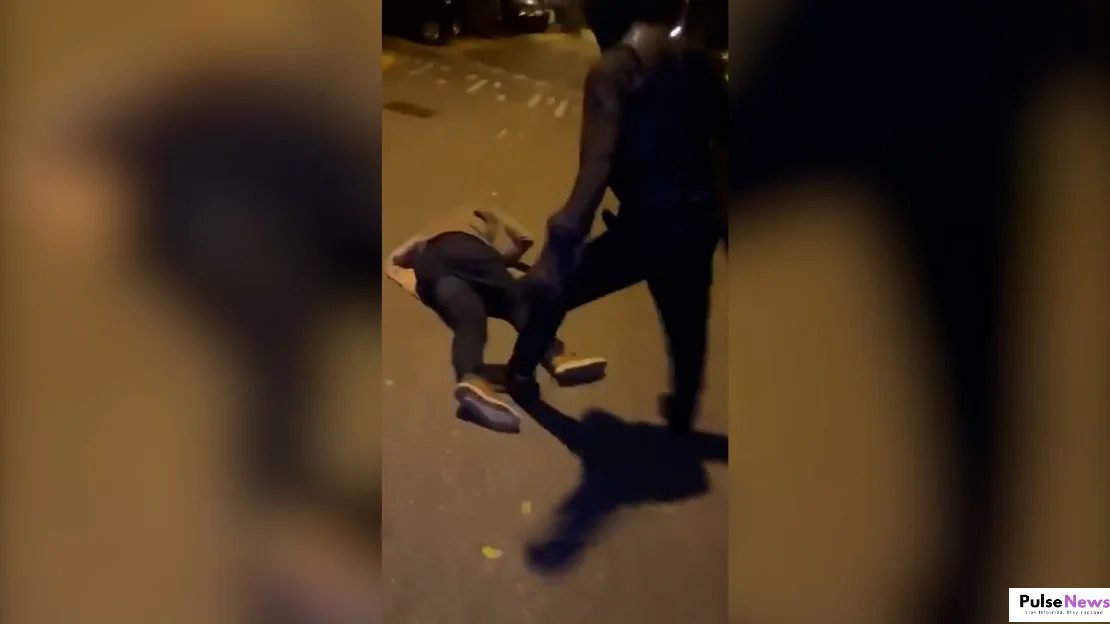
Mayor Halsema stressed the importance of making the city a safe environment for everyone, including Israeli supporters, local residents, and especially the Jewish community in Amsterdam. By imposing these strict measures, she hopes to prevent further outbreaks of violence and foster a sense of security for all who live in or visit the city.
Nationwide Reaction to the Incident
The violent events have reverberated across the Netherlands, with Dutch Prime Minister Dick Schoof expressing strong condemnation of the attacks. Speaking to journalists, he described the assaults as “terrible” and “horrific,” adding, “I am utterly ashamed that this happened in the Netherlands.” He pledged his support for a thorough investigation and vowed that those responsible would face prosecution.
The prime minister also shared that he had reached out to Israeli Prime Minister Benjamin Netanyahu to discuss the incident and assure him of the Netherlands’ commitment to justice and accountability. He affirmed that Dutch authorities are working diligently to restore calm and prevent any further escalations.
Israeli Reactions and Security Concerns for Fans Abroad
In Israel, the attacks in Amsterdam prompted swift responses, with the National Security Council advising Israeli citizens to avoid attending certain high-profile sporting events abroad. This includes the upcoming basketball game between Maccabi Tel Aviv and Italy’s Virtus Bologna, as concerns over the safety of Israeli fans grow.
Additionally, the Israeli Ministry of Foreign Affairs has announced plans to reevaluate security arrangements for all Israeli sports teams traveling in Europe. Enhanced cooperation with local law enforcement agencies is being pursued to ensure the protection of Israeli fans at future games, with particular attention to managing potential flashpoints during matches.
Calls to Relocate Future Matches
The violent events in Amsterdam have led to calls for future matches involving Israeli teams to be relocated. In France, some citizens of this area have urged authorities of this field to reconsider hosting the upcoming match will be played between the French and Israeli among the national soccer teams. However, France’s Interior Minister Bruno Retailleau stood about it firm, stating, “France is not backing down against this, as this would be tantamount to abdicating in the face of threats may be what kind of violence and antisemitism.” Instead, the French government plans for this to implement additional security protocols to save all at the Stade de France in preparation for the match.
UEFA’s Response to Rising Tensions in European Soccer
In light of recent incidents involving Israeli teams, UEFA, the governing body of European soccer, has decided to move a Europa League game between Maccabi Tel Aviv and Turkey’s Beşiktaş to a neutral venue. Turkish authorities recommended the relocation, concerned that hosting the game could pose security risks and further inflame existing tensions. This shift underscores UEFA’s commitment to ensuring safety at all European soccer events, especially given the heightened emotions surrounding the ongoing Middle Eastern conflict.
Reflecting on the Broader Implications of the Violence
The violent incidents in Amsterdam have sparked a broad conversation about the role of sports in fostering—or fracturing—international relations. Soccer, a sport that has traditionally brought people together, has increasingly become a backdrop for political tensions, as demonstrated by Thursday night’s attacks. Amsterdam’s response to these events highlights the challenges cities face in balancing freedom of expression with public safety, especially when geopolitical conflicts manifest locally.
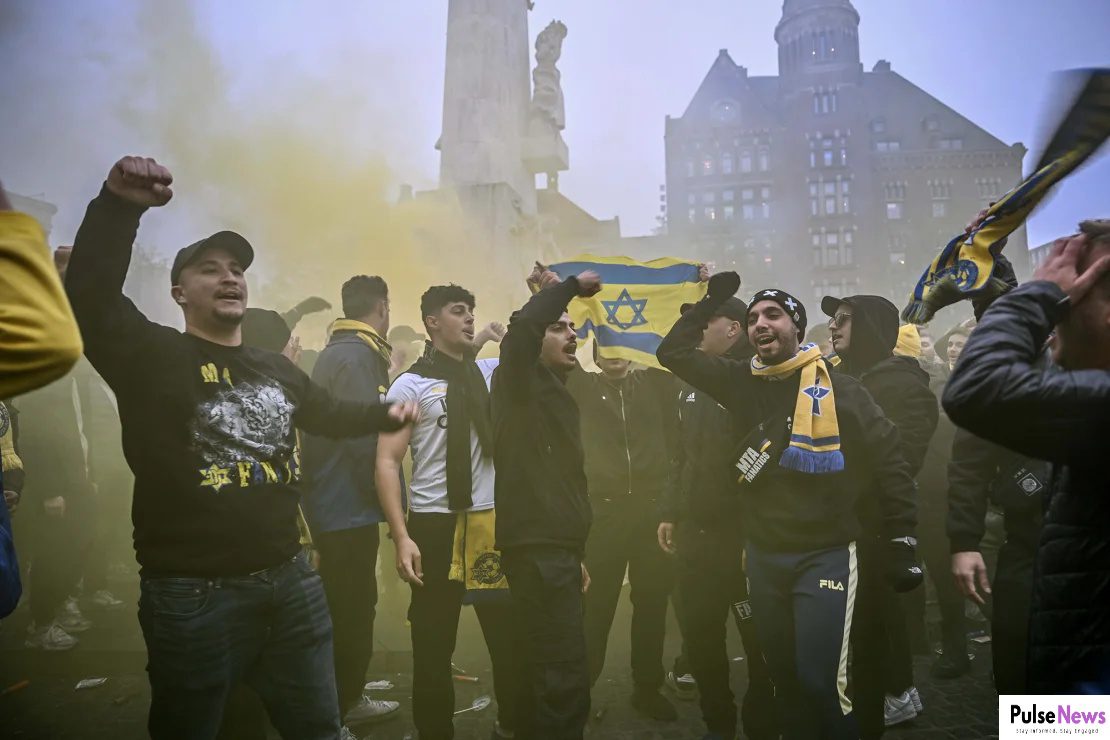
For Amsterdam, this incident has underscored the need to address the roots of societal tensions and prevent similar outbreaks in the future. Mayor Halsema’s statement that “there is no excuse for the antisemitic behavior exhibited last night” reflects a commitment to upholding Amsterdam’s core values of tolerance and inclusivity, even in the face of unprecedented challenges.
Amsterdam’s Path to Reconciliation
As Amsterdam works to heal from this episode of violence, it is clear that rebuilding trust within the city’s diverse communities will require both time and commitment. The city’s temporary protest ban, along with other security measures, is a first step toward restoring order and preventing further divisions. Local leaders have expressed their intent to foster open dialogue and create spaces for peaceful protest in the future, reinforcing the notion that violence will not be tolerated as a form of expression.
Ultimately, the recent incidents in Amsterdam serve as a sobering reminder of the potential for international conflicts to spill over into local contexts. By prioritizing public safety and condemning all forms of antisemitic behavior, Amsterdam is working to ensure that its streets remain safe for residents and visitors alike. The city’s response to this crisis reflects a broader commitment to maintaining peace, unity, and security, regardless of the challenges that lie ahead.

